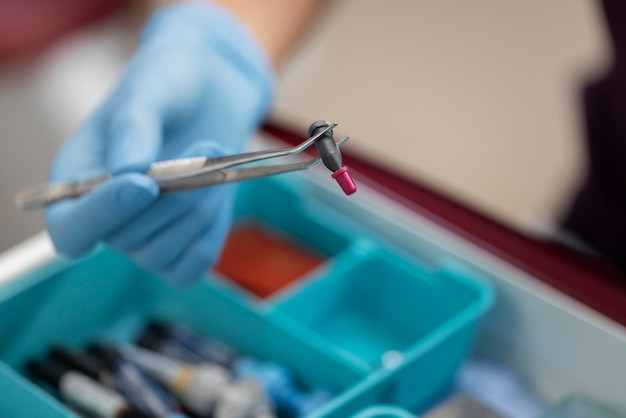
Everyone wants to keep their natural teeth, but sometimes dental issues make tooth extraction necessary. This procedure involves the permanent removal of teeth when other treatments haven’t worked. Major reasons for dental extractions include severe tooth decay, traumatic damage, impaction, overcrowded teeth, and more.
If you need to have a tooth extracted to improve your oral health, proper preparation can make the process smoother.
First, choose the right hospital for your dental extraction. Not all dentists and dental facilities offer the same level of care. It’s crucial to find a reputable provider to avoid additional issues. You can learn about a hospital’s reputation by checking reviews and testimonials from other patients online.
Payment is another aspect to consider, as dental services typically come with a fee. Medical insurance can help cover the costs, but if you don’t have insurance, you might need to use your savings or seek financial help from family and friends. There are also dental grants available for those who qualify, which can cover expensive procedures. Crowdfunding through online platforms or getting assistance from charitable organizations are additional options to explore.
For a smooth extraction, avoid eating for about 12 hours before the procedure to prevent nausea, unless advised otherwise by your dentist. Additionally, quitting alcohol is vital several hours before and after the procedure, as it can cause complications like increased bleeding and interfere with anesthetics. Similarly, you should avoid smoking, as it can lead to infections and prevent proper blood clot formation.
To avoid potential health issues during the extraction, inform your dentist about any medical conditions and allergies you have. This information helps your doctor provide appropriate care and avoid complications.
Before heading to your appointment, bring sedatives and painkillers if recommended by your dentist—sedatives help you relax or sleep during the procedure, and painkillers aid in post-extraction recovery. Antibiotics may also be prescribed to prevent infection in the extraction site.
Plan your transportation after the procedure, as the effects of sedation and the procedure itself can leave you too exhausted to drive. Ask a friend or relative to take you home or hire a taxi if needed. This should be factored into your overall budget.
Since you won’t be able to perform your daily routines immediately after the extraction, arrange for someone to help with tasks like cooking, cleaning, and childcare.
After the procedure, you’ll likely be very hungry, but stick to soft foods for the first 24 hours to avoid damaging the extraction site. Liquid foods like porridge and easily chewable items are best. Eat plenty of fruits to help boost your immune system and speed up recovery.
Adequate sleep before and after your extraction is essential to prevent anxiety and aid in recovery. Engage in light exercises before the procedure to help you sleep better. After the extraction, a supportive pillow can improve your sleep quality.
Overall, dental extraction can significantly benefit your oral health by removing decayed teeth. Follow these tips to ensure you are well-prepared for the procedure and have a smooth recovery process.